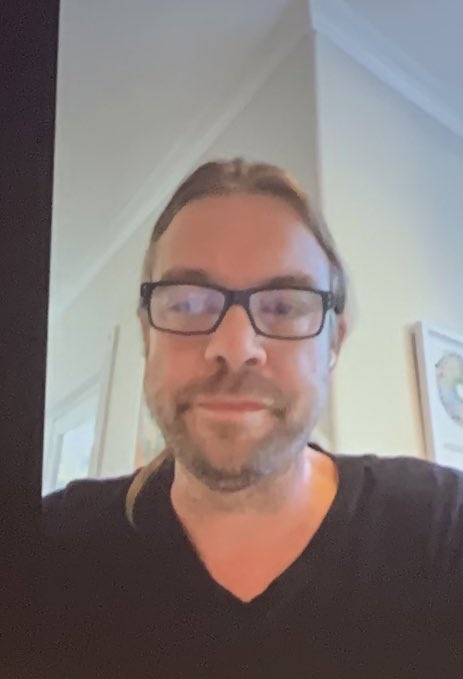
Last day of IMS.
Debate: are we over-treating with hormone therapy?
First speaker Prof Martha Hickey (Australia)
For the motion. #IMS2022
Debate: are we over-treating with hormone therapy?
First speaker Prof Martha Hickey (Australia)
For the motion. #IMS2022

Argues that the only primary indication for MHT is VMS (not mood, not sleep and not for primary prevention of disease).
Quotes US preventive task force.
Quotes US preventive task force.

Discusses Collaborative group on hormonal factors in breast cancer. (Lancet)
Observational study.
#IMS2022
Observational study.
#IMS2022

Proposes new model of menopause management based on empowerment. Stop referring to menopause as a hormone deficiency syndrome. #IMS2022 

75% of women have VMS.
Moderate to severe VMS in a third of women and 10% have symptoms for over 10years.
Moderate to severe VMS in a third of women and 10% have symptoms for over 10years.

I think I’ve got this thread out of sync.
Audience discussion. Themes.
-Women being ‘scared’ about menopause.
-Discussion about whether menopause is an endocrinopathy.
-importance of fractures (which don’t all occur in ppl with osteoporosis). MHT prevents.
Audience discussion. Themes.
-Women being ‘scared’ about menopause.
-Discussion about whether menopause is an endocrinopathy.
-importance of fractures (which don’t all occur in ppl with osteoporosis). MHT prevents.
Dr from Rwanda reporting v poor availability of menopause care and MHT.
Highlighting disparities in care.
Highlighting disparities in care.
My comment: The debate focussed on the science of risks and benefits of MHT. All v interesting but hearing the wider global perspective, it is clear to me that ‘we’ are certainly not over treating with hormone therapy. In places with poor access, we are probably under treating.
• • •
Missing some Tweet in this thread? You can try to
force a refresh



















